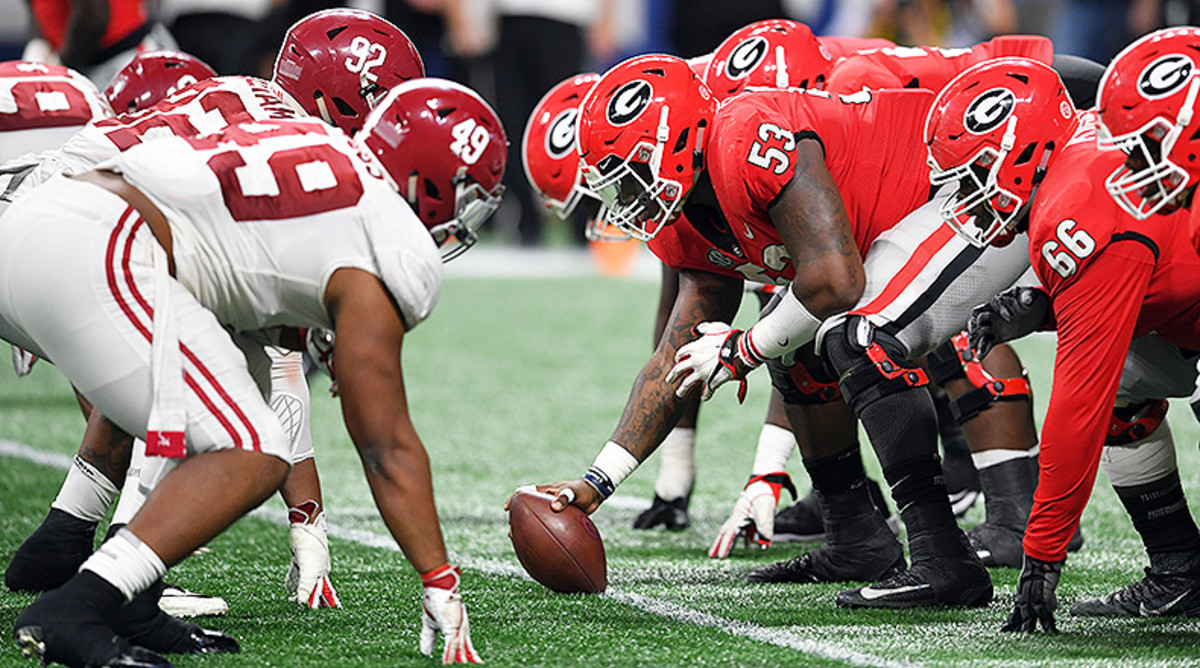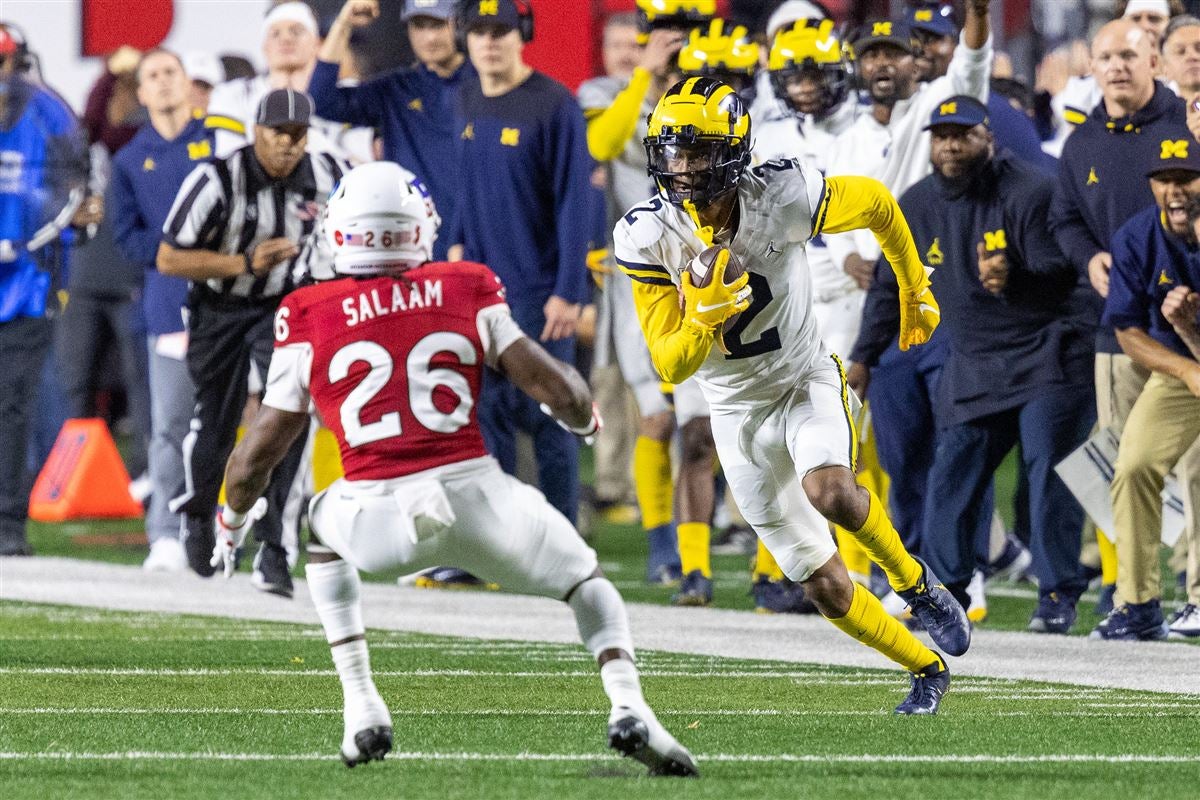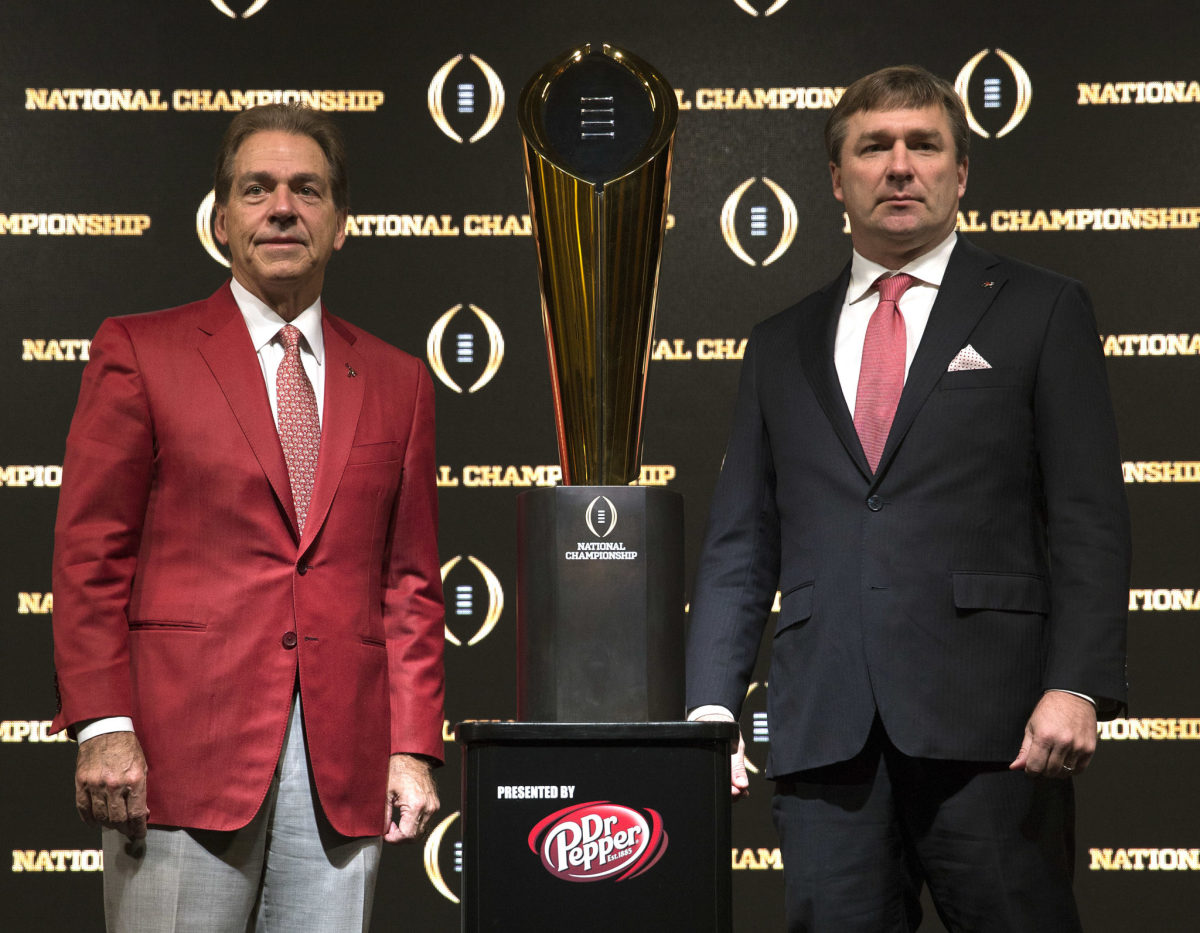Proposed Changes to College Football Signing Periods Aim to Streamline Recruiting Process
The early signing period in college football is expected to be moved even earlier in December, preceding the winter transfer portal window. This change aims to clear up the football recruiting calendar and avoid overlap between signing periods and the portal, creating a more streamlined process for athletes.
The National Letter of Intent subcommittee of the Collegiate Commissioners Association (CCA) is actively discussing moving the signing period to the Wednesday before FBS championship games, potentially lasting for either three or seven days. This adjustment would provide athletes with a brief window to sign NLIs after concluding their high school seasons.
The subcommittee is also exploring the possibility of a summer signing period for college football, allowing athletes to sign NLIs in June or August before their senior seasons begin. This concept mirrors college basketball's early signing period, offering high school seniors multiple opportunities to commit to programs.
Through the CCA, Division I commissioners oversee the National Letter of Intent program, granting them authority over the signing periods in each sport. The proposed changes to the football recruiting calendar have been shared with key stakeholders, including coaches, administrators, and conference personnel.
While these adjustments are still under consideration, feedback from coaches and leaders in college football has been positive regarding the potential benefits of restructuring the signing periods. The hope is to finalize the changes in early March, pending approval from the full CCA and any necessary NCAA legislation adjustments.
One of the driving factors behind these discussions is the increasing complexity of the football calendar in December, with the early signing period adding to the challenge of navigating coaching changes, bowl game preparations, and the winter transfer portal window. By realigning the signing periods and providing more clarity in the recruiting process, the goal is to alleviate the pressure on coaches, players, and programs during a crucial time of the year.
Overall, these proposed changes seek to enhance the recruiting experience for athletes, maintain fairness in the process, and create a more efficient and organized football calendar for all involved parties.



